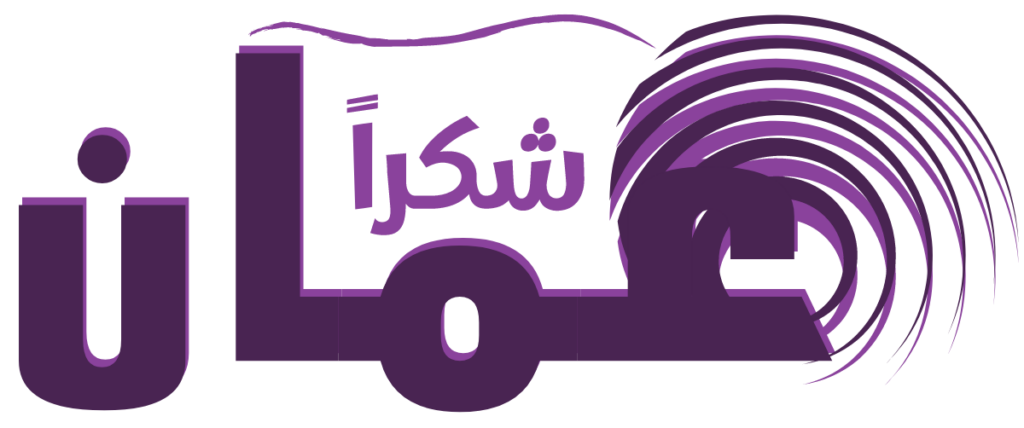Introduction
Sohar Port, located in the Sultanate of Oman, is one of the region’s fastest-growing industrial and logistics hubs. As the port expands its capacity for cargo handling, petrochemical processing, and logistics, the need for durable and corrosion-resistant construction materials has become increasingly important. Among these, Fiber Reinforced Plastic (FRP) materials have played a critical role in improving the port’s long-term performance and reducing maintenance costs.
Why FRP is Ideal for Marine Environments
Ports like Sohar face constant exposure to saltwater, humidity, and chemical contaminants—conditions that quickly degrade traditional materials such as steel and wood. FRP’s corrosion resistance, non-conductive nature, and lightweight structure make it a preferred alternative.
FRP gratings, handrails, ladders, and platforms are widely used across Sohar Port facilities. These components maintain their strength and structural integrity even after years of contact with seawater, eliminating issues like rust, delamination, or warping.
Applications of FRP in Sohar Port
At Sohar Port, FRP products have been integrated across multiple sectors and functions:
- Walkways and Access Platforms: FRP gratings provide safe, non-slip surfaces for maintenance and inspection areas around tanks, pipelines, and offshore loading zones.
- Handrails and Guardrails: Used along docks and elevated areas, FRP handrails ensure safety without the risk of corrosion or electrical conductivity.
- Cable Trays and Covers: FRP cable systems protect electrical lines from salt and UV damage, ensuring uninterrupted port operations.
- Drainage and Chemical Areas: FRP panels and structures are highly resistant to acids and oils, making them ideal for wastewater treatment or chemical processing zones within the port.
Durability and Maintenance Benefits
One of the main reasons FRP materials are favored in Sohar Port is their long service life with minimal maintenance. Unlike metal, FRP does not require regular painting or coating to prevent corrosion. Its lightweight nature also simplifies installation, reducing labor costs and downtime during construction or repairs.
Additionally, the non-conductive and flame-retardant properties of FRP improve safety for workers operating near electrical and fuel systems—an essential consideration in high-risk port environments.
Supporting Oman’s Sustainability Goals
Oman’s Vision 2040 emphasizes sustainability and resource efficiency. FRP supports these goals by offering an environmentally friendly alternative to metal and concrete. Its long lifespan and recyclability reduce the overall material footprint, aligning Sohar Port’s infrastructure with sustainable industrial development.
Conclusion
The success of FRP applications in Sohar Port highlights its growing importance in Middle Eastern infrastructure. As ports and industrial zones continue to expand, FRP materials provide a reliable, cost-effective, and corrosion-resistant solution for harsh marine environments. From walkways to structural components, FRP has proven to be a cornerstone material in ensuring both performance and longevity in Oman’s maritime development.
Click to view FRP Grating supplier information for Sohar Port

